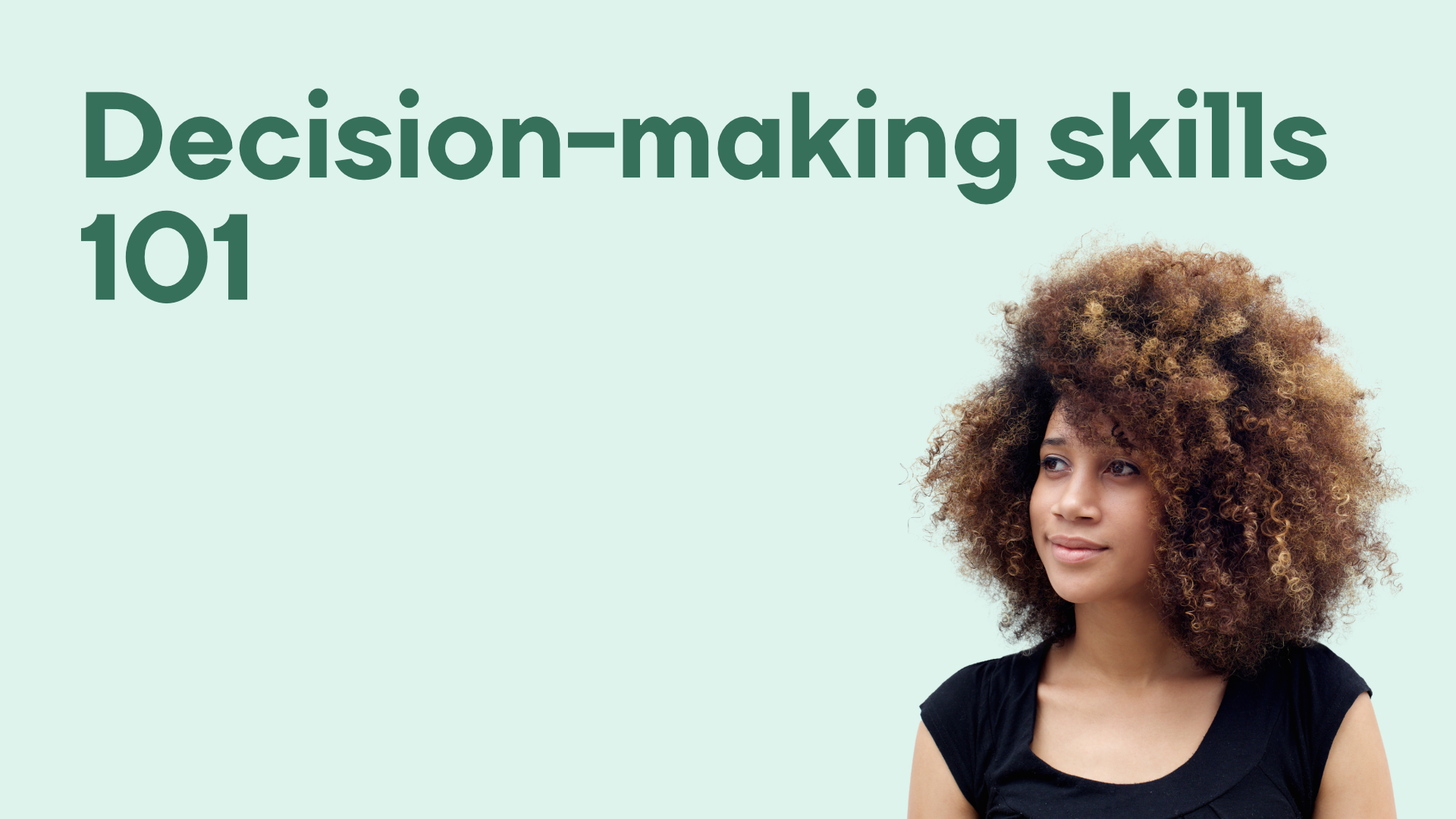In today's rapid world, executing effective decisions can frequently feel daunting. Whether you are faced with significant career choices, private issues, or daily life situations, the ability to navigate these decisions with confidence and lucidity is essential. Strong decision-making skills not only influence our outcomes but also mold our experiences and growth. By grasping the art of choosing wisely, we can nurture a more fulfilling and successful life.
The following article investigates a thorough approach to honing decision-making skills, offering proven techniques and insights into the psychological aspects of our choices. From harnessing intuition and critical thinking to preventing decision fatigue, we will delve into multiple strategies that empower individuals to make superior choices even under pressure. Whether you are a leader looking to make challenging calls or someone seeking to improve your everyday decision-making, there is meaningful knowledge to gain that can change how you approach every decision in your life.
Strategies for Efficient Decision-Choosing
Successful decision-making needs a blend of logical skills and social intelligence. One of the most impactful techniques is the application of decision-choosing frameworks. Such structured approaches help decision-makers examine options systematically, ensuring that all relevant considerations are factored in before reaching a conclusion. Examples include the benefits and drawbacks list, the SWOT analysis, and the decision matrix. By using these frameworks, you can gain clarity and make well-considered choices with certainty.
A further key method is to cultivate mindfulness during the decision-choosing process. By being in the moment and aware of your thoughts and feelings, you can lessen anxiety and enhance cognitive clarity. Mindfulness allows you to pause, reflect, and analyze your options without being swayed by stress or external pressure. This method not only improves your decision-choosing skills but also encourages a greater understanding of your values and priorities.

Lastly, it is crucial to learn from past decisions, both good and bad. Thinking back on past choices can reveal patterns in your decision-making process, helping you to recognize areas for development. Emphasizing a growth mindset enables you to see setbacks as learning chances rather than defeats. This perspective fosters resilience and adaptability, essential traits for making better decisions in the future. spintax
Understanding the science and Emotional Awareness in Choices
Comprehending the psychology behind decision-making can significantly enhance our ability to make wise decisions. Our cognition, emotions, and outside factors all play a crucial role in shaping our choices. Cognitive biases, such as confirmation bias and excessive confidence in our judgments, can distort our judgment, leading to ineffective decisions. Identifying these biases allows us to step back and evaluate our thought processes more critically. By cultivating awareness of ourselves, we can identify when our choices is clouded by our emotions or preconceived notions, enabling a more logical approach toward important choices.
Emotional intelligence is crucial in dealing with difficult decisions, especially under stress. It encompasses the ability to understand and manage our feelings and empathize with others. This skill helps us assess situations from multiple perspectives, leading to more considerate and informed outcomes. When faced with complex dilemmas, leveraging emotional intelligence allows us to remain calm and collected, fostering better concentration and understanding. By recognizing our emotional triggers and those of others involved, we can make more equitable decisions that take into account the human element of every situation.
Decision-making is not solely a logical process; feelings are integrated with our choices. Understanding how to accept and harness our feelings, instead of ignoring them, can be a crucial asset. For instance, good feelings can spark creative solutions, while bad feelings may signal caution. By developing emotional resilience, we can learn to navigate stressful situations more effectively and make informed decisions that correspond with our values. In doing so, we cultivate a decision-making style that is both rational and sensitive to emotions, resulting in choices that are more fulfilling and aligned with our true objectives.
Techniques for Overcoming Choice Fatigue
One approach to alleviate decision fatigue is to simplify your decisions. This can be accomplished by setting concise hierarchies and narrowing the number of options before making a decision. For instance, create a list of standards that matters to you, allowing you to filter options quickly and efficiently. By cutting back on the number of choices you face, you can save mental energy and reduce stress.
Another useful method is to create routines and make certain decisions automatic. By creating habits around regular choices, including meals or your morning routine, you open up cognitive resources for more significant decisions. This approach not only decreases the number of decisions you need to make but also builds a sense of stability and dependability in your day-to-day life, enabling you to approach more complex decisions with a more focused mind.
Finally, incorporating pauses and awareness into your routine can greatly help in reducing decision fatigue. Taking brief breaks throughout your day to rejuvenate your mind can revitalize your cognitive functioning and boost clarity. Additionally, Click here! can enhance your awareness of stress and mental clutter, helping you make decisions with greater focus and intention. By focusing on self-care and mental clarity, you can enhance your overall decision-making skills.
